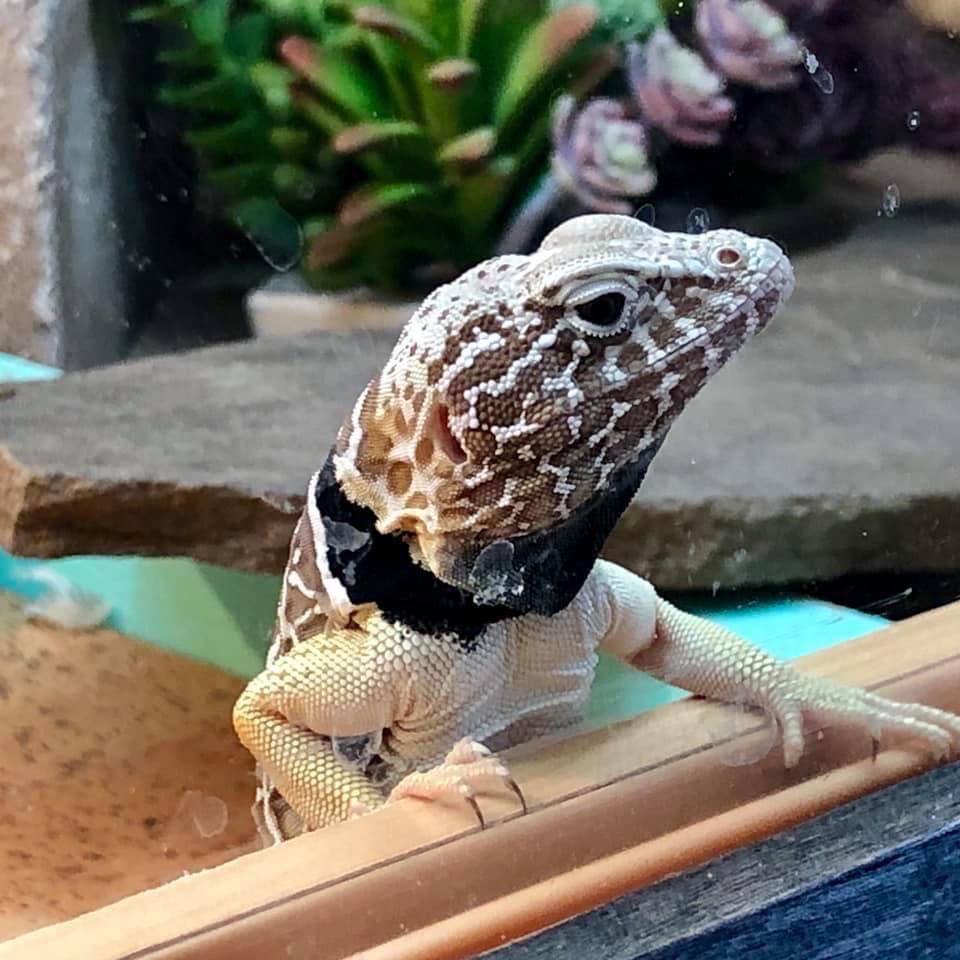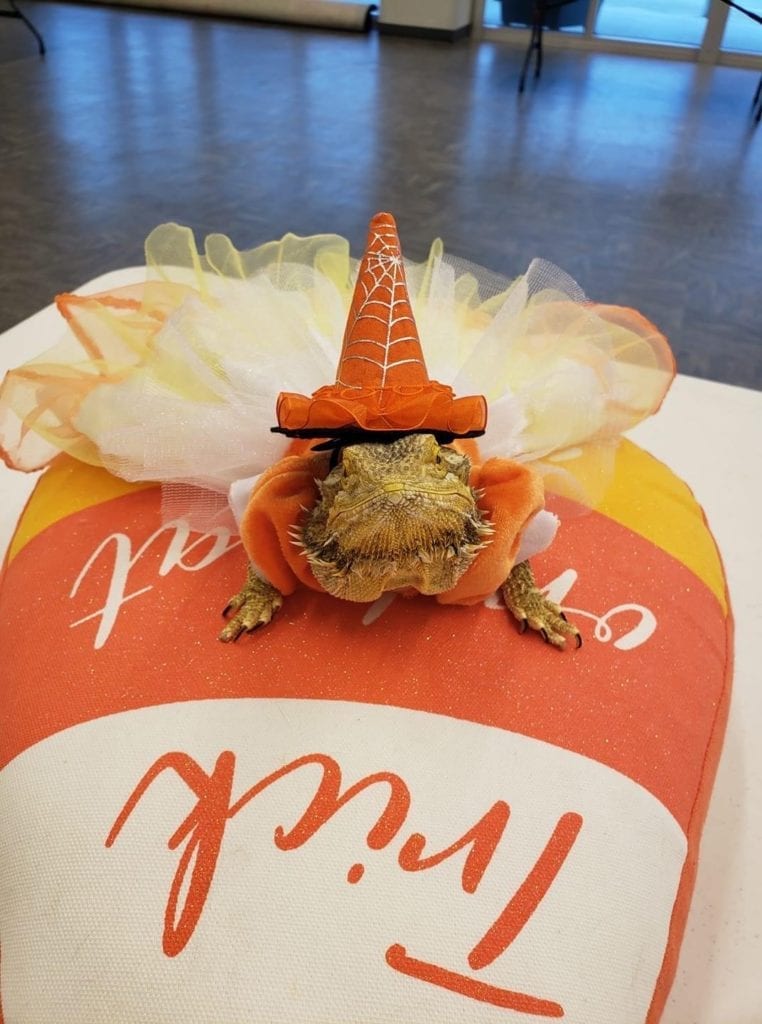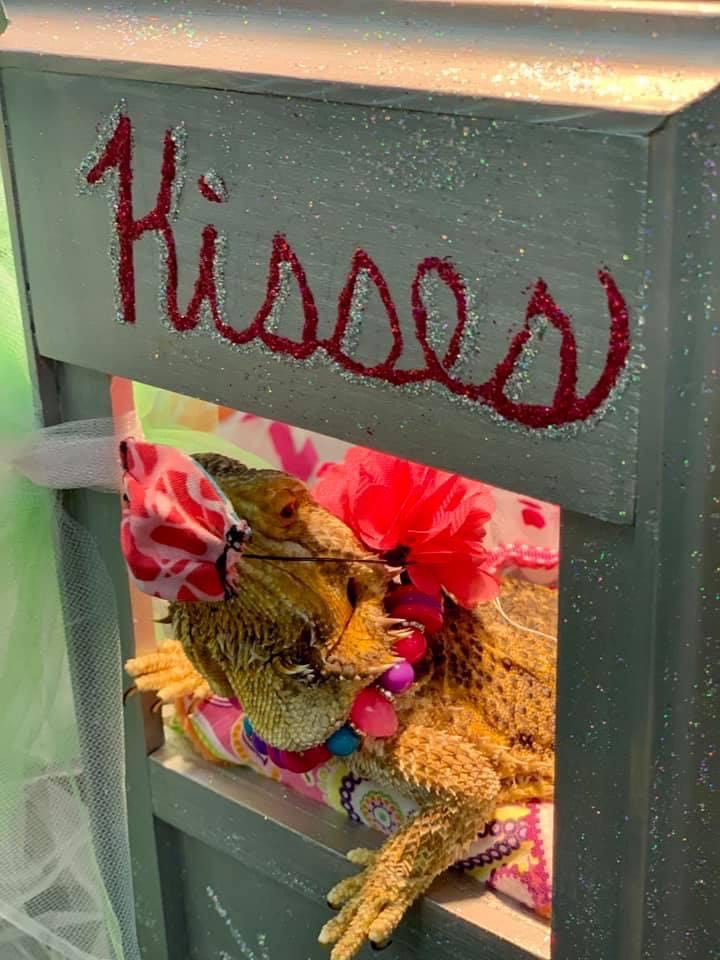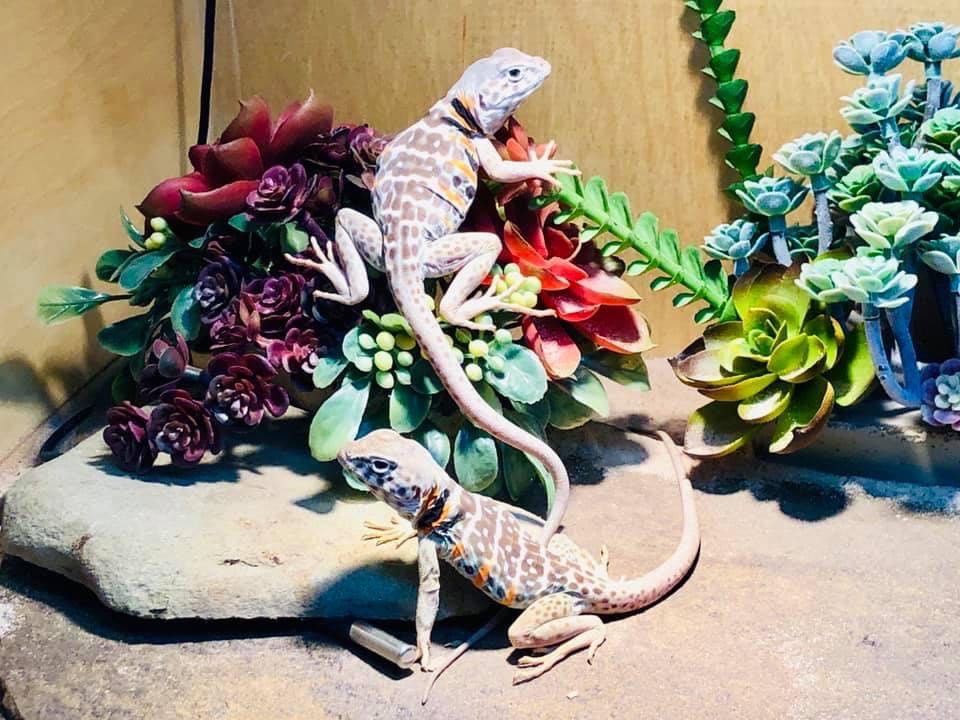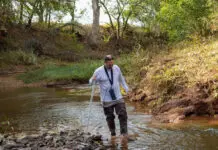Herpetology, defined as the study of snakes and amphibians, is a topic that can be daunting or downright terrifying for many individuals. However, the hobby has grown quite an enthusiastic fan base in recent years.
Clubs like the Oklahoma City Herpetological and Invertebrate Society and the Tulsa Herp Club have been around for decades. These groups are an excellent spot for beginners, who plan on having a herp of their own, to learn the ropes. There, they can gain insight and knowledge from a lot from folks who have been in the game for years.
Jamie Zachary with Oklahoma Herpetological Society says that OHS “only deals with wild herps – specifically in conservation and research.” This club meets for special field trips twice a year, where they gather information on species and movements to send in to colleges, universities and the Oklahoma Department of Wildlife Conservation.
“We also host a conference each spring that covers several topics regarding conservation and field work,” says Zachary.
Another wealth of information comes from Lori Ensign-Scroggins, owner of Safari’s Wildlife Sanctuary in Broken Arrow. She wants to help the general public become less fearful of these creatures.
“We explain to people that our animals have never seen the wild. They’ve been in human hands since they came out of the egg,” she says. “They are handled consistently and respectfully. People are usually scared, but we explain that they’re not slimy or wet – they are very soft and [we] encourage people of all ages to try touching the tail. People can be very nervous about simply touching an animal that they’ve been told to fear, but once they try it, they usually become very inquisitive.”
The sanctuary is not currently open to the public, but it offers a mobile ‘Zoo2You’ option for parties or educational purposes.
Both the Oklahoma City Zoo and Tulsa Zoo have very considerable and well-equipped education departments. Their docents go through extensive training to learn how to safely handle each animal in the department, as well as how to present artifacts in an understandable way.
“There is nothing more exciting than seeing a group of kids squeal in anxious anticipation to see a snake up close,” says Charity Rowse, a former Tulsa Zoo docent. “Once they touch them, the questions start. I’ve even seen kids that I met in camp or at a presentation who come back months later to tell me about their new snake pet or bearded dragon.”
Whichever way you choose to explore this hobby, the best part is gaining a new respect for an often disrespected species. Education is a big perk in the herp community, and those involved rarely run out of interesting facets to explore.
For those feeling trepidation, the risks involved tend to be minimal. It’s important to note, however, that pretty much every animal has self-preservation instincts and many can hurt you – which is why being part of am educated community can help.
Facebook is a great place to start your search. With three major clubs in the state and countless smaller groups, future herpetologists are sure to find a group that’s right for them.






















